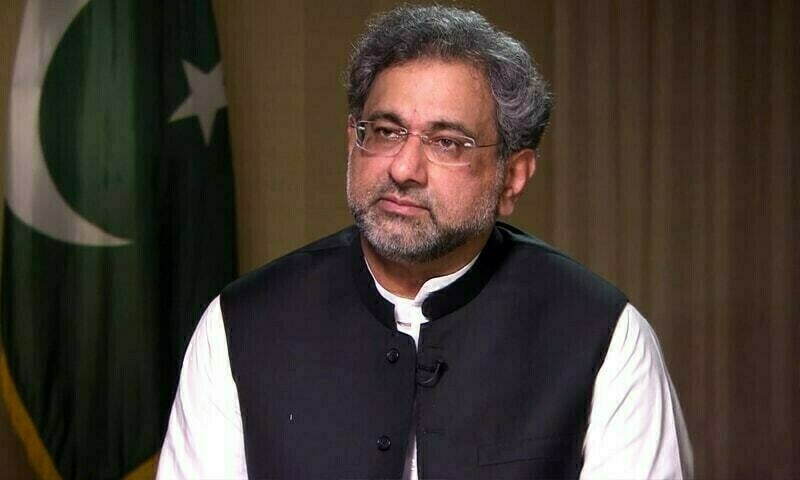Political Stability
Former Prime Minister Shahid Khaqan Abbasi emphasized the crucial need for political stability to drive economic advancement in Pakistan, asserting that without it, the country cannot progress.
Speaking on Samaa TV’s program ‘Nadeem Malik Live,’ Abbasi highlighted the pressing necessity for political stability, arguing that it is essential for any meaningful economic reforms to take root.
Abbasi lamented the lack of progress in increasing exports, underscoring the current environment’s need for stability to attract investments and implement necessary reforms.
He pointed out that the uncertainty and volatility in the political landscape deter investors and hinder long-term economic planning. For Pakistan to move forward, he argued, a stable political climate is indispensable.
Addressing the taxation system, Abbasi criticized the volatility in tax policies, noting the short-lived implementation of recent tax slabs. He stressed the urgency of crafting a tax structure that is fair and does not unduly burden the populace.
According to Abbasi, tough decisions are inevitable for economic revival, and a stable tax regime is a cornerstone of such efforts. He argued that inconsistent tax policies create uncertainty, which in turn hampers business operations and investment decisions.
Furthermore, Abbasi called for reforms within key institutions such as the National Accountability Bureau (NAB) and the Federal Board of Revenue (FBR).
He asserted that the efficiency of these institutions is crucial for economic governance and transparency. Reforms in these bodies, he suggested, would enhance their effectiveness and ensure that economic policies are implemented fairly and efficiently.
In discussing broader fiscal strategies, Abbasi proposed revisiting the National Finance Commission (NFC) award. He argued that a more equitable distribution of resources among provinces could foster regional development and economic growth.
Abbasi also advocated for the decentralization of power distribution companies (DISCOs) to provincial control. By doing so, he believes that inefficiencies and corruption at the provincial level could be curbed, leading to better management of energy resources.
Moreover, Abbasi suggested exploring avenues for cost-sharing in defense expenditures. He argued that a more collaborative approach to funding defense could free up resources for other critical areas of the economy.
Decentralizing the management of energy resources, he added, would allow for more localized and efficient administration, reducing losses and improving service delivery.
Abbasi concluded by emphasizing that unless comprehensive reforms are initiated promptly, Pakistan’s economic trajectory will remain stagnant.
He urged policymakers to prioritize stability and structural reforms to propel the country towards sustainable growth. According to Abbasi, the time for decisive action is now, and without it, the opportunity for economic advancement could be lost.
In summary, Shahid Khaqan Abbasi’s remarks on ‘Nadeem Malik Live’ underscore the intertwined nature of political stability and economic progress.
His call for comprehensive reforms and stable governance highlights the critical steps needed to revive Pakistan’s economy and ensure long-term development.


